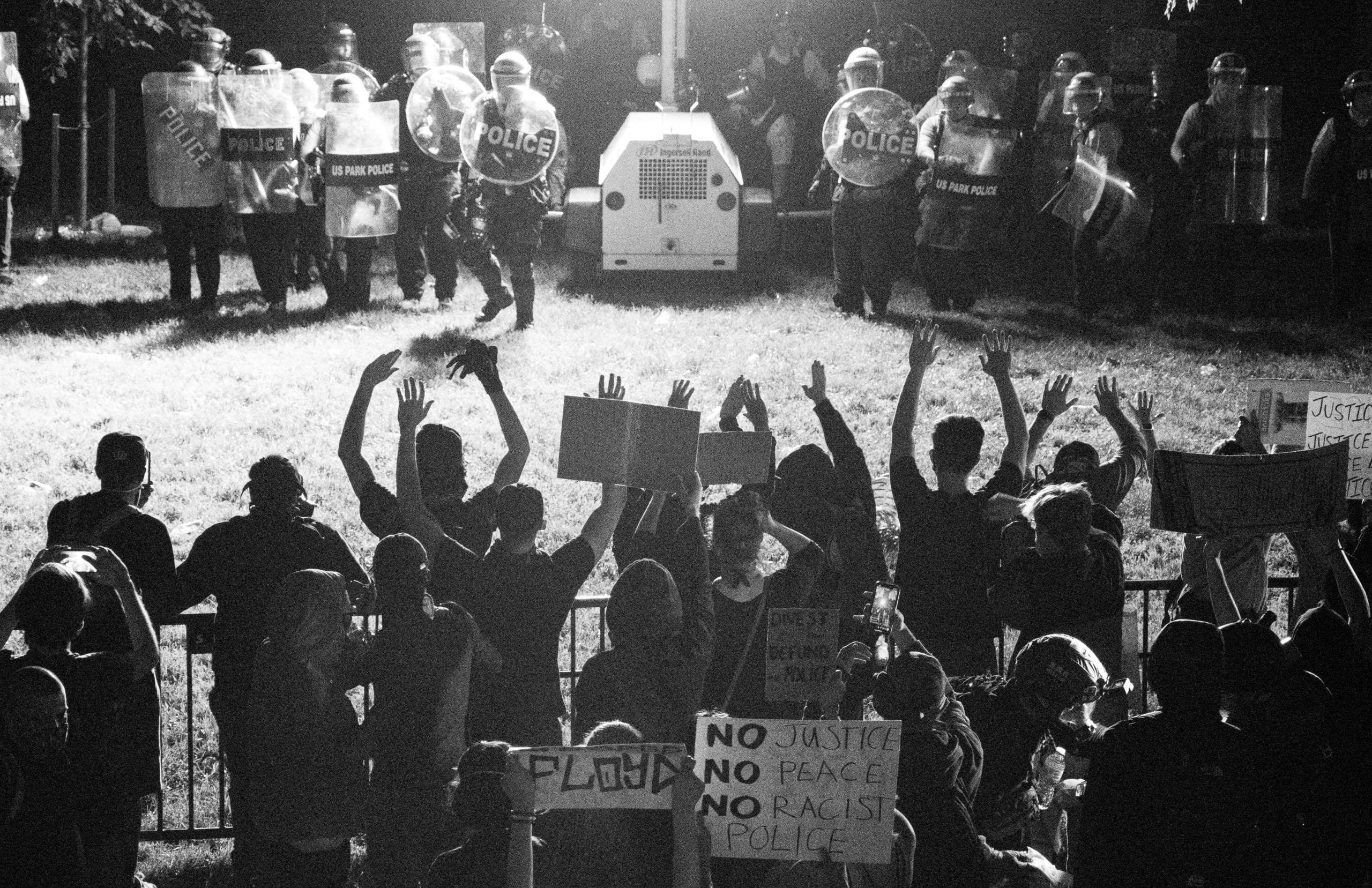Racial Justice Is Workers' Rights
JUNE 9, 2020 | COWORKER.ORG

Coworker.org is guided by the solutions, instincts, and visions of workers. In our desire to create a space that is led by working people, we initially positioned the organization as “issue neutral.” A few years ago, we recognized that proposing neutrality is a product and privilege of being a white-led organization and that our silence only perpetuated white supremacy in workplaces and in our society. We shifted our practices, focused on building an anti-racist organization rooted in an analysis of racial capitalism, and invested in building a diverse team in which staff have agency to set program and direction for the organization. Furthermore, we have come to understand that in practice, our work must share in the responsibility of valuing and defending the lives of Black workers and Black people. As we grieve the racist murders of Breonna Taylor, Ahmaud Abrey, George Floyd, and Tony McDade, among many thousands of others, we face and bear witness to the violent state repression of protests demanding an end to police violence and we see that repression being echoed in the halls of countless corporations and companies. We have spent the past two weeks reflecting and reorienting our work in such a way that we can meet this moment.
We want to first make clear that our country’s economic history and structures of work were set by institutions of slavery, industrial exploitation, and white supremacy. Practices of surveillance, productivity metrics, control over the body and physical characteristics, monopolistic and colonial domination, and the very concept of the workplace as subject only to the will of the employer are all rooted in the cultural, political, and economic norms of the slave system. That is to say that written into the very DNA of the United States is the truth that the country has built its dominance, wealth, and customs through the exploitation of Black peoples' labor and suffering for profit. To this day, extractive labor practices disproportionately impact Black people in the United States because they were designed to do so. The assumptions on which those practices were built are baked into algorithms and software that increasingly dominate our work lives. And the laws created to protect workers’ rights to organize were intentionally structured to exclude Black people from the full benefits of the labor movement as well. While there is a robust conversation about policy solutions to raise the floor and improve protections, we require a radical reimagining of how Black workers wield power in this economy in order to address these structural barriers.
To this day, extractive labor practices disproportionately impact Black people in the United States because they were designed to do so.
Our team at Coworker.org is committed to using our resources, networks, and power in support of dismantling white supremacy and systemic racism in our workplaces and across our economy. We have worked hard to create internal processes that center liberation and value Black and Brown life over the professional culture of urgency and productivity endemic in some parts of social change work. We invest time in reading, meditation, and imaginative reflection on a weekly basis. We resource the operations and logistics work of our organization, which we see as acts of care often provided by Black and Brown staff whose leadership goes unrecognized. We center values of tenderness, kindness, and frankness on our team and in our efforts at power-building in solidarity with workers. In our external work, we will continue to prioritize worker-led efforts that seek to address the crisis facing Black workers – especially in the midst of unprecedented unemployment which is hitting Black workers the hardest, met with an emboldened white nationalist movement – and will allocate resources needed for these efforts to be successful.
We will speak up about the role of the labor movement, specifically at the continued inclusion of police, border patrol, and corrections unions in our movement. We will use our platform and influence to promote the work of community and grassroots organizations who are on the frontlines of dismantling white supremacy and promoting Black futures. Moreover, we will be led by these same groups in directing our contributions, assistance, and support in service to the movement. We will reduce our reliance on privately held technology platforms for engaging with workers and examine the ways in which “best practices” of digital strategies embed white supremacist norms in our organizing. This includes shifting from relentless campaigning and growth efforts to making Coworker a generative, creative space for deep leadership of workers. Finally, in the coming weeks, we will publicly interrogate the statements many companies have made regarding their commitment to Black lives against the experiences Black workers and Black consumers have had with those same companies.
We have a lifetime of work and learning ahead of us and we hope you will continue to stand with us.

